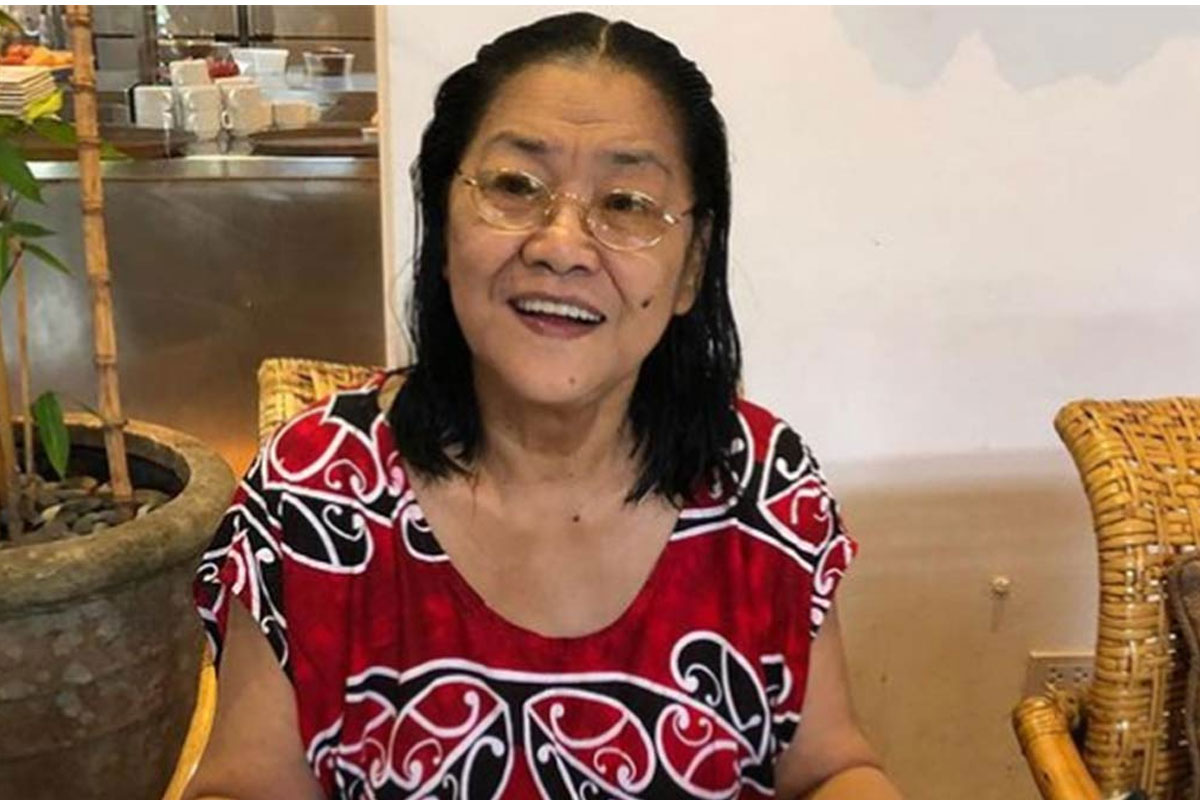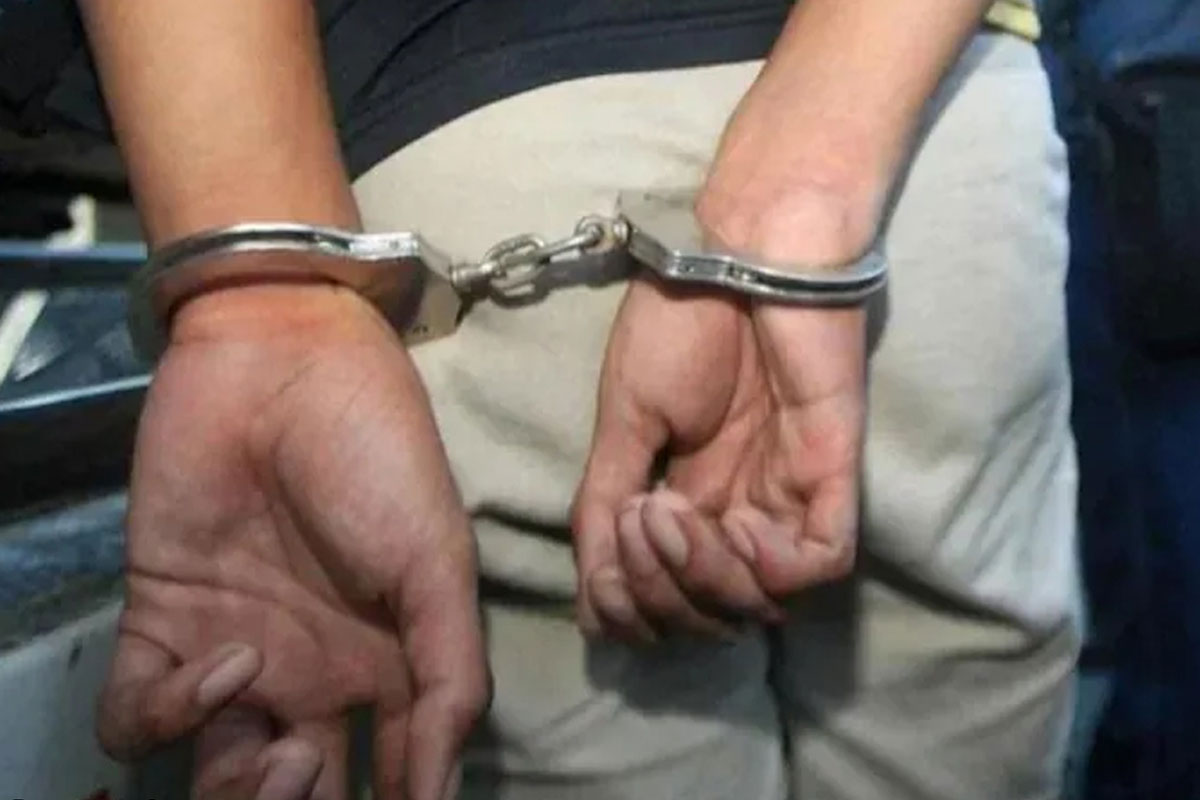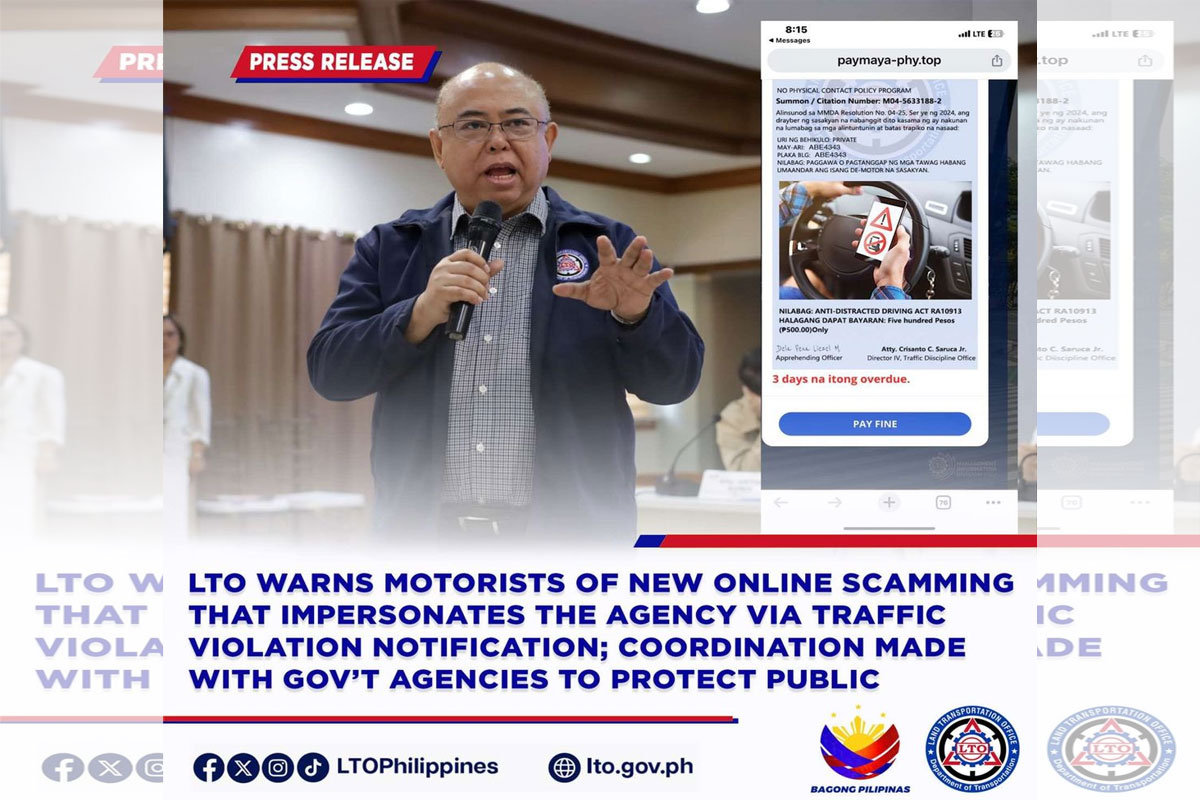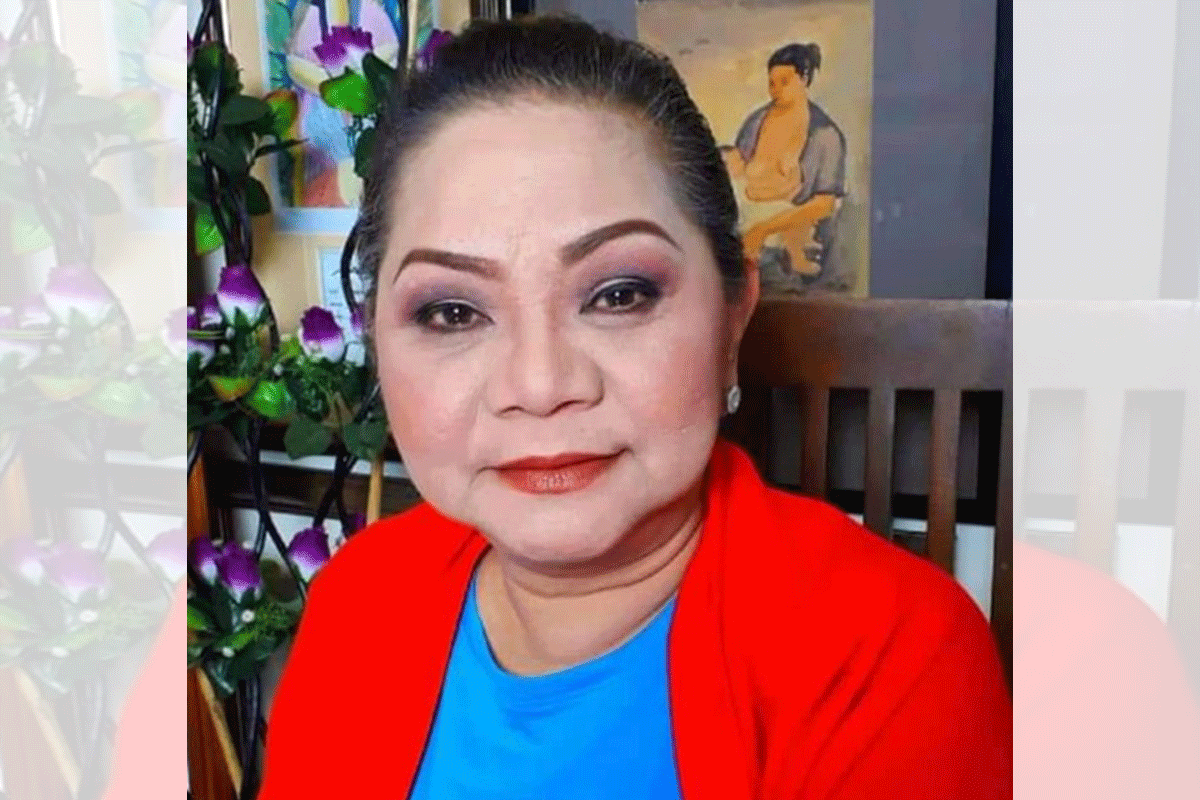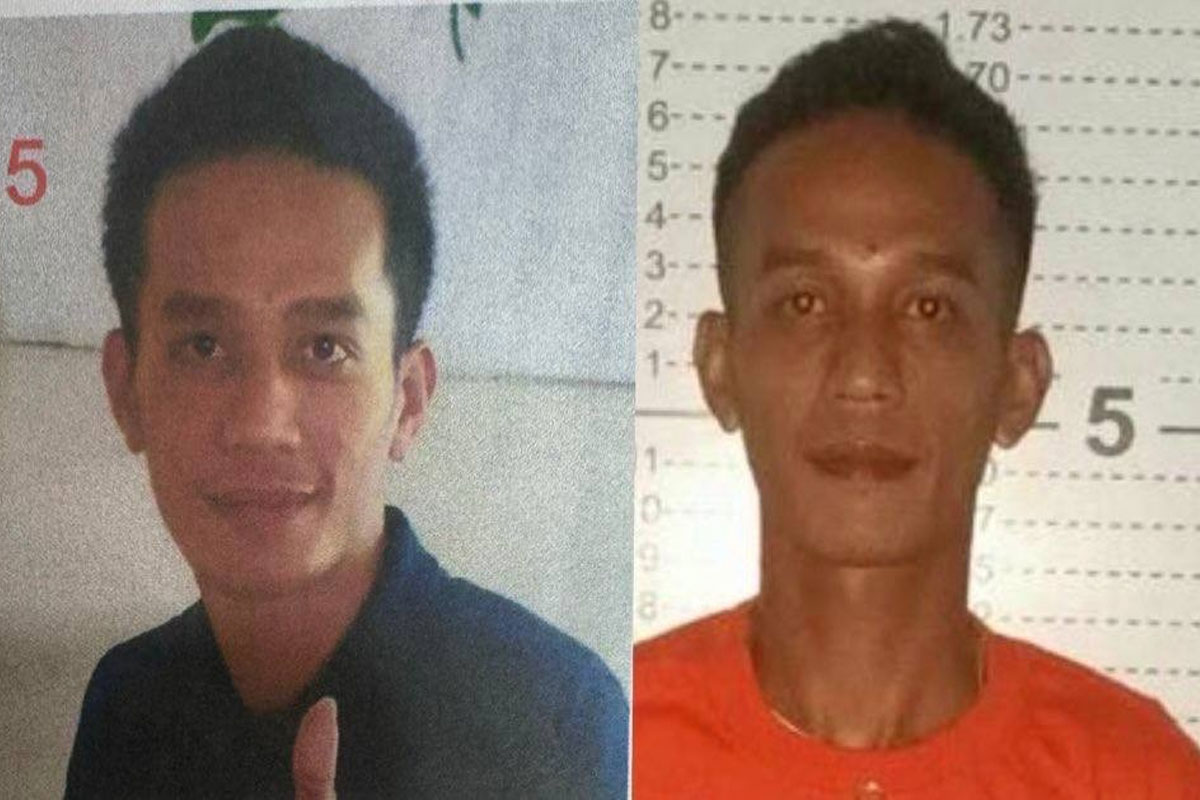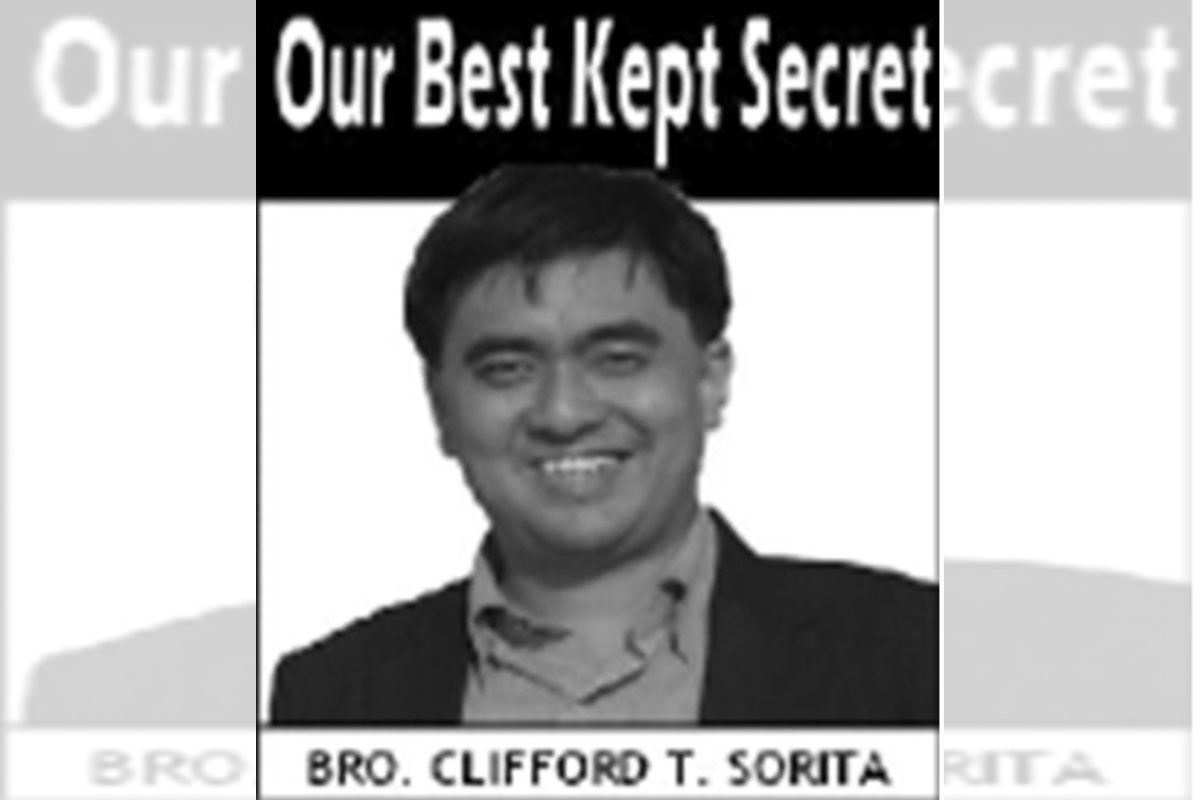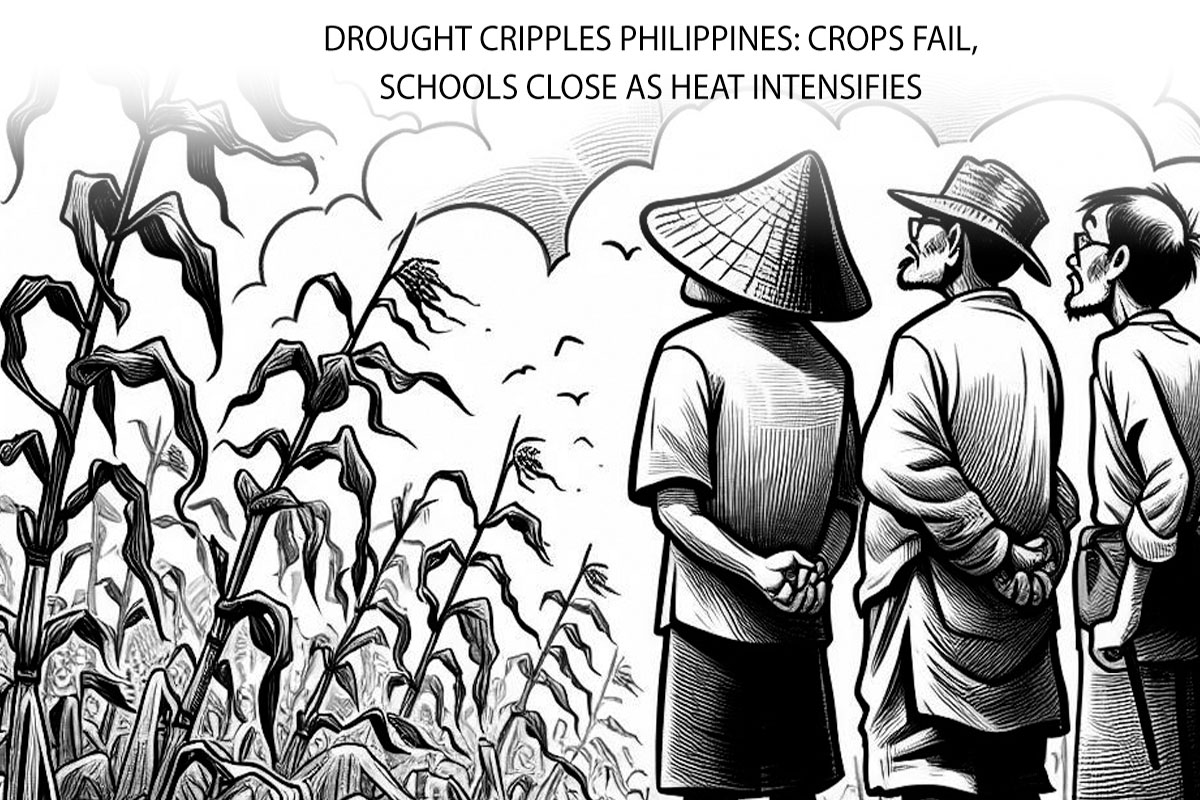
Senate, DOH: Stop massive proliferation of fake ads for unregistered food and drugs using celebrities and medical professionals
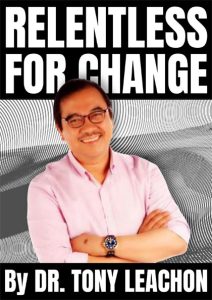 Global and local use of Social Media
Global and local use of Social Media
SOCIAL media are websites and applications that enable users to create and share content or to participate in social networking.
As of 2021, the number of people using social media is over 4.48 billion worldwide, with the average user accessing 6.6 social media platforms on a monthly basis. Popular platforms like Facebook have over 65.86% of their monthly users logging in to use social media daily.
How many people use social media in the Philippines?
The Philippines boasts one of the most active social media communities among Southeast Asian countries. Based on aggregated data from various sources, we estimate that there are around 94 million active social media users, the majority of whom access these platforms via their mobile devices.
It’s also interesting to note Filipino social media usage habits.
With many daily activities tied to social media, users in the Philippines spend an average of 4.1 hours on these platforms each day, which is significantly higher than the global average of around 2 hours.
However, due to inadequate infrastructure, a large percentage of Filipinos still lack internet access, and the overall speed is quite low compared to neighboring countries in the region.
According to the World Data Lab, the Philippines ranks 7 th globally in internet accessibility.During the pandemic, an increasing number of Filipinos have turned to digital channels, especially social media, to stay connected with friends and family. Merchants have also joined the online community to engage with customers who are no longer visiting retail stores.
Throughout 2022, on average there are about 93.8 million active social media users in Philippines on a monthly basis with an annual growth rate of 3.4 % in 2021-22 . This represents about 82.4 % of the total population. ( OOSGA , Social Media in Philippines – 2023 Stats & Platform Trends
Last Updated: April 1, 2023).
Social media platforms allow users to have conversations, share information and create web content. There are many forms of social media, including blogs, micro-blogs, wikis, social networking sites, photo-sharing sites, instant messaging, video-sharing sites, podcasts, widgets, virtual worlds, and more.
While social media builds connectivity and can be a source of up-to-date information , it can have serious negative effects : it reduces the ability to communicate face-to-face, Fake news spreads rapidly on social media, and it also harms people’s health
Senate steps up to help
Sen. Jinggoy Estrada two weeks ago on July 3 called for a Senate inquiry into what he described as an “alarming” proliferation of purported celebrity endorsements and social media posts that promote unregistered food and drug products, but which advertisements turned out to be fake. In a resolution, Estrada noted how unscrupulous individuals have supposedly been exploiting the popularity of a number of celebrities and using their photos in advertisements and social media posts to promote unregistered health products.
“These advertisements mislead consumers into believing that these celebrities are using and endorsing food and medicinal products that are actually unregistered before the proper health authorities and not yet approved for mass distribution and public consumption,” he said.
Estrada is calling for an inquiry amid what he termed a “barrage of bogus medicinal remedies” flooding social media platforms and shared by the thousands by unsuspecting netizens.
Consumers misled
He cited reports on the alleged product endorsements of Dr. Willie Ong, an internist and cardiologist with a huge social media following, regarding a “miracle food” in the form of mixed nuts. The name and photos of health reform advocate Dr. Tony Leachon were purportedly used to imply his personal endorsement of a product, which goes for the brand name “ DiaNorm “ as a cure for diabetes, a milk product known as Glufarelin.
“These advertisements mislead consumers into believing that these celebrities are using and endorsing food and medicinal products that are actually unregistered before the proper health authorities and not yet approved for mass distribution and public consumption,” Sen. Estrada said.
“[These promotional materials are] providing them with inaccurate and false information about the efficacy, quality and safety of food, drugs and health products,” Estrada said in his Senate Resolution No. 666.
The circulation and proliferation of fraudulent online advertisements, according to Estrada, are “clear and blatant violations” of the Consumer Act of the Philippines, “which penalizes the dissemination of deceptive and misleading sales promotion practices.”
“There is an urgent need to protect consumers against the consumption of unregistered and potentially harmful food and health products through the strict enforcement of the provisions of the Consumer Act and regulation of fraudulent advertisements on social media platforms,” Estrada said.
He expressed alarm over the use of “maliciously manipulated images, spliced videos, and fabricated statements” in the promotion of food and health products.
ABS-CBN News also said it did not publish the quote card that erroneously listed Dr. Neal Barnard as a former “Inter-Agency Task Force adviser.” The media organization has also not published the graphics quoting Dr. Augusto Litonjua and Dr. Maricar Limpin. Limpin, Barnard , a physician and a nutrition researcher, and Litonjua founder of the Philippine Center for Diabetes Education Foundation, have not endorsed the product. Neither has the DOH which the page claimed it had in the comment section.
Another version of the scam even used a video of Litonjua with a “diabetes prevention and treatment claim “ that he was endorsing Glufarelin. It was originally posted in 2018 by the Asian Hospital and Medical Center and made no reference at all to the product.
Several scam formats used
The bogus sites promise netizens discounts and ask for their personal information to purchase the product.
Media organizations help out to fact check fraudulent ads
VERA Files Fact Check has observed this red flag in other similar scams selling health products. At least six other websites are promoting Glufarelin using the same strategy of misrepresentation, only changing the names of doctors and organizations in each version.
Other organizations used were the Manila Doctors Hospital and the National Institutes of Health. Photos and names of doctors Raul Destura, Jorge M. Garcia, Willie and Liza Ong, Jaime Dy-Liacco, Kilimanjaro Tiwaquen and Tony Leachon were also used to promote the product.
Meanwhile, other fake ads for Glufarelin featured unidentified persons in doctors’ gowns to entice netizens into buying the product.
Rappler has fact checked a claim National Institute of Health of the University of the Philippines and Dr. Anthony Leachon, an internist-cardiologist at the Manila Doctors Hospital and former special adviser the National Task Force Against COVID-19, are endorsing Glufarelin, an unregistered product that can cure diabetes.
Why Rappler fact-checked this:
The Uniform Resource Locator (URL) of a website and a Facebook page promoting Glufarelin use the NIH’s name, which could mislead the public into thinking the product is endorsed by the institution. Some posts promoting Glufarelin from the said Facebook page have garnered a substantial number of interactions.
Also, the said website and Facebook page used Leachon’s name and pictures in some of their marketing materials and even attributed to him some statements promoting Glufarelin. Examples from the Facebook page doing so include posts on March 22 and March 16 (and it used Leachon’s face and statements in its cover photo as well).
It’s going to be tough for consumers since social media is the platform for information now. Celebrity endorsements can help reach a larger audience and increase the visibility of the fake brand. All the videos of digital simulations or posts were created with so-called deepfake technology, which uses computer-generated renditions to make the celebrities and medical professionals say and do things they never actually said or did.
Vaccine hesitancy leading to billions of vaccines expired is brought about by fake news against vaccines, aside from distribution and logistics problems encountered by DOH.
What makes Fake News an extremely hard problem to solve is the difficulty in identifying, tracking, and controlling unreliable content. A good solution would require advanced digital technologies and protocols for assessing content (e.g. to efficiently spot and fact-check the less reliable content). It is also very difficult to raise awareness about the problem among social media users – as this would take time and it would require a huge amount of resources. For instance, raising awareness about the fake news problem would require a global, ongoing program that ‘educates’ online users to apply critical thinking when consuming and sharing digital content.
The cybercrime law in the Philippines should be reviewed and amended to review penalties and provide more muscle and teeth to apprehend unscrupulous individuals preying on unsuspecting patients using credible medical professionals and prevent these social media criminals to sow misinformation , fake news and disinformation that would potentially harm , injure , or even kill people through false advertising.
DOH directs FDA to coordinate with NBI
The country’s health chief on Tuesday said he will instruct the Food and Drug Administration (FDA) to coordinate with the National Bureau of Investigation (NBI) in fighting the spread of fake online advertisements with popular endorsers of drug and food supplements.
Health Secretary Ted Herbosa said in a Palace briefing that he has personally seen such ads on social media, including those that illegally use the name and photos of his well-known friends who are physicians.
“Some of the personalities, Dr. Willie Ong, Dr. (Tony) Leachon have actually filed cases with the cybercrime division of the NBI, pero nawawala and then bumabalik [and the ads disappear but then eventually resurface],” Sec. Herbosa told reporters.
Collaborative work , legislation , and education are key factors in solving these fake ads.
I still believe in law and justice. No one escapes the long arm of the law, they are a force , they are very good at what they do and eventually they will catch up with these criminals. By Dr. Tony Leachon
###
Anthony C. Leachon, M. D.
Independent Health Reform Advocate
Past President ,
Philippine College of Physicians
Internist – Cardiologist
Manila Doctors Hospital



